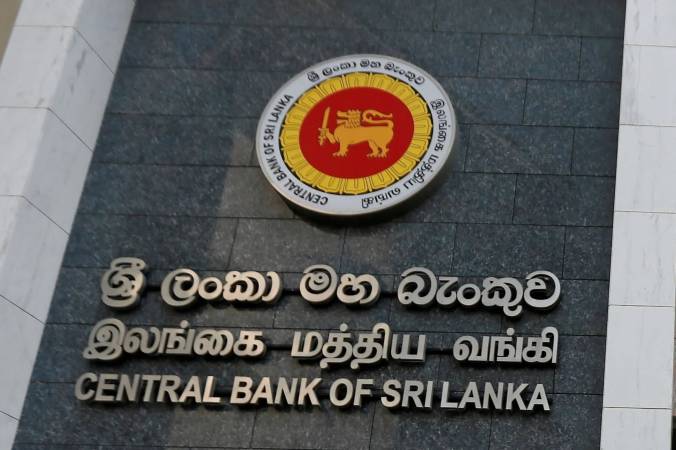The Central Bank yesterday announced further extraordinary measures to boost new funding and liquidity to support the private sector and spur demand in the economy impacted by the COVID-19 pandemic.
The decision by the Monetary Board was in the wake of the possible adverse impact on liquidity and other key performance indicators of licensed commercial banks and licensed specialised banks (licensed banks), due to the implementation of the credit support scheme to assist COVID-19 hit businesses and individuals, and the need to meet other urgent liquidity needs of banks. The Monetary Board said it considers it imperative to strengthen the liquidity positions of banks.
It decided to implement what was described as "extraordinary regulatory measures" to strengthen the liquidity positions of licensed banks, under the provisions of the Banking Act and the Monetary Law Act, to ensure the continued supply of credit and to meet urgent liquidity needs of banks during these exceptional times.
The deadline for application for the Rs. 50 billion re-financing scheme-led working capital and broader moratorium support ends on Friday. The Monetary Board moves come amidst increasing concern over the delay in banking support for COVID-19 hit businesses and individuals. The latest measures also follow the Monetary Board cutting policy rates four times so far this year and a slew of other moves.
Apart from undertaking to provide additional funding under the refinance facility, or other credit operations enabling the banking sector to provide working capital and other loans at concessionary rates of interest, to spur demand in the economy, the Monetary Board yesterday also announced further measures.
Up to 30 June 2021, the Monetary Board will
1)Permit licensed banks to consider certain assets as liquid assets in the computation of the Statutory Liquid Assets Ratio (SLAR) subject to conditions,
2)Reduce the minimum requirement of Liquidity Coverage Ratio and Net Stable Funding Ratio to 90% with enhanced supervision and frequent reporting, and
3)Enable licensed banks to avail liquidity through the Sri Lanka Deposit Insurance and Liquidity Support Scheme or as loans and advances in rupees under the Framework of Emergency Loans and Advances to Licensed Banks, based on acceptable collateral and liquidity forecasts.
(FT)

